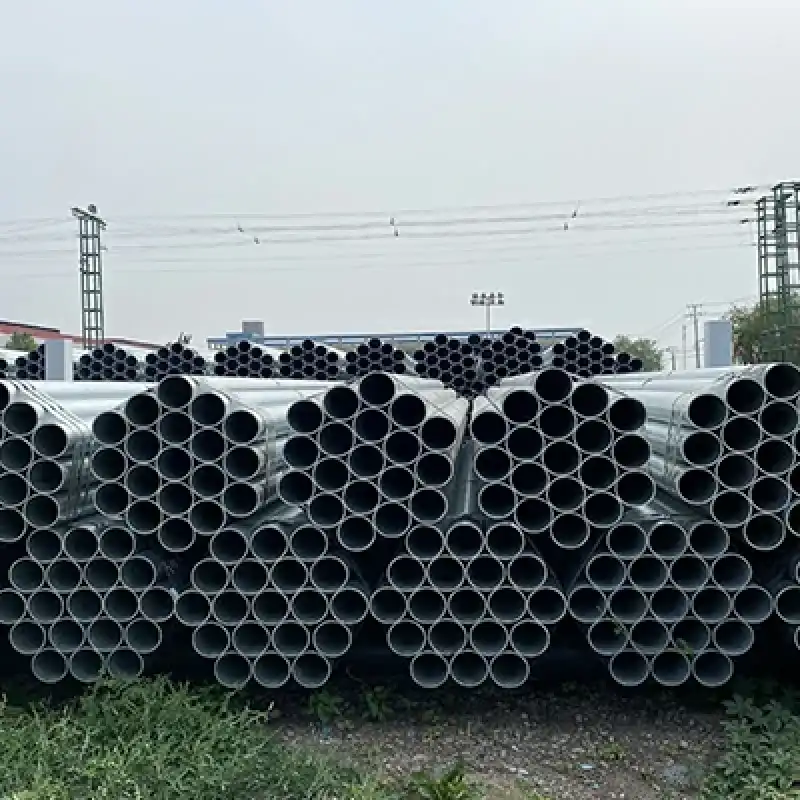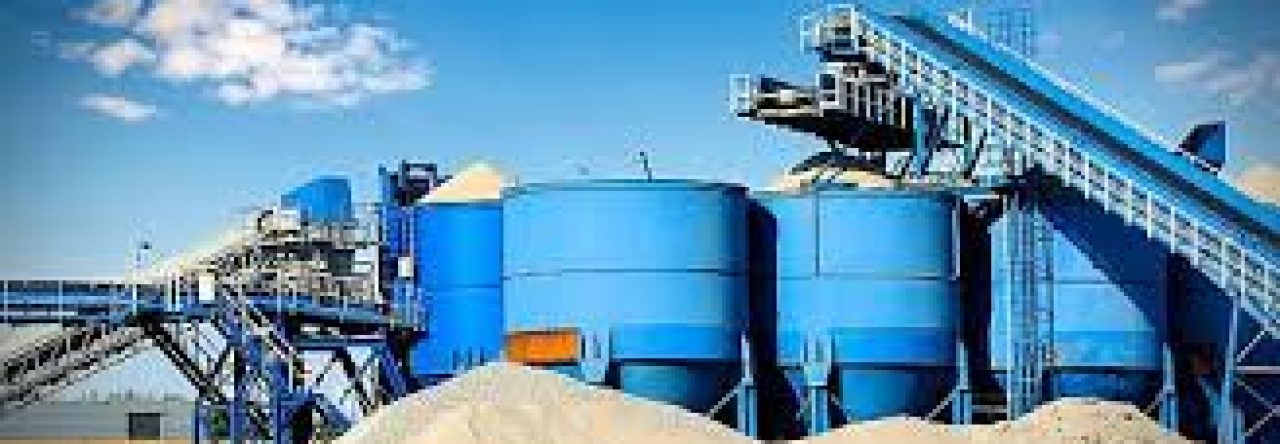The soil type in which a 2-inch black steel pipe is buried can have significant effects on its long-term performance and durability.
Here are some key considerations regarding the effects of soil type on buried black steel pipes:
- Corrosion Potential: The soil’s chemical composition and moisture content can affect the corrosion rate of the black steel pipe. Soils with high acidity or alkalinity, as well as high moisture levels, can accelerate corrosion processes, leading to premature degradation of the pipe. Additionally, the presence of corrosive substances such as salts, sulfates, or organic matter in the soil can further increase corrosion risk.
- Soil Density and Compaction: The density and compaction of the soil surrounding the buried steel pipe can impact its structural integrity and load-bearing capacity. Compacted soils provide better support and stability for the pipe, reducing the risk of deformation or damage due to external loads or ground settlement. Loose or poorly compacted soils may exert uneven pressure on the pipe, potentially causing stress concentrations and deformation over time.
- Soil Moisture Content: Soil moisture content plays a critical role in corrosion processes and soil stability around the buried steel pipe. Excessive moisture in the soil can promote corrosion by accelerating the oxidation of the steel surface. 2 Inch Black Steel Pipe 20 ft Supplier Moreover, waterlogged soils may exert additional hydrostatic pressure on the pipe, increasing the risk of corrosion-induced failures or structural damage.
- Soil Composition: The mineral composition and particle size distribution of the soil can affect its corrosivity, compaction properties, and drainage characteristics. Certain soil types, such as clay soils, may retain moisture and exert higher lateral pressures on the pipe, increasing the risk of corrosion and deformation. Sandy soils, on the other hand, typically provide better drainage and lower lateral pressures, reducing corrosion risk and enhancing pipe longevity.
- Soil pH and Chemical Composition: The pH level and chemical composition of the soil can influence its corrosivity towards the steel pipe. Soils with high acidity (low pH) or alkalinity (high pH) can accelerate corrosion processes, particularly in the presence of moisture. Additionally, the presence of corrosive substances such as salts, sulfates, or organic acids in the soil can further exacerbate corrosion risk and compromise the integrity of the buried steel pipe.
- Environmental Conditions: Environmental factors such as temperature fluctuations, exposure to sunlight, and the presence of vegetation or microorganisms in the soil can also impact the performance of buried steel pipes. Extreme temperatures, UV radiation, and biological activity in the soil can affect corrosion rates, soil stability, and overall pipe durability over time.
Overall, the soil type in which a 2-inch black steel pipe is buried can significantly influence its corrosion resistance, structural stability, and service life. Proper site evaluation, soil testing, and corrosion protection measures are essential to mitigate the effects of soil-related factors and ensure the long-term performance of buried steel pipes in various soil environments.


Leave a Reply